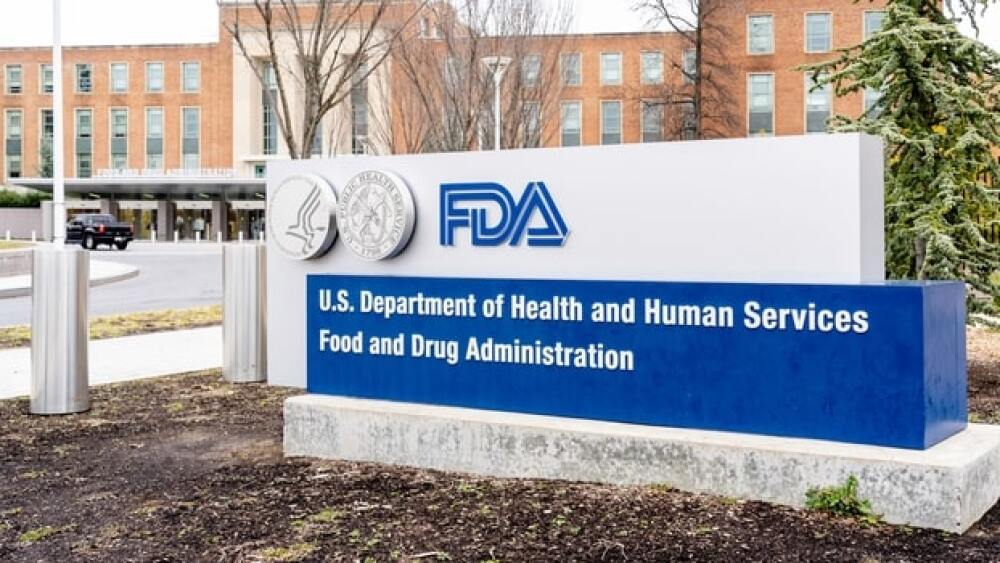The FDA’s Treosulfan rejection was surprising for both Meduxus and Medac. The FDA has provided a Complete Response Letter and made some recommendations.
Treosulfan couldn’t impress the FDA. (JHVEPhoto/Shutterstock)
Medexus Pharmaceuticals and medac GmbH received a Complete Response Letter (CRL) from the Food and Drug Administration (FDA) for its New Drug Application (NDA) for treosulfan. The drug was being submitted for use in combination with fludarabine as a preparation for allogeneic hematopoietic stem cell transplantation (allo-HSCT). The companies had a target action date of August 11.
A preparative regimen is given to the patient before stem cell transplantation with the goal of decreasing the tumor burden. And in the case of allogeneic transplantation, it allows for engraftment of the donor cells.
The CRL indicated that it couldn’t be approved in its present form. It offered specific recommendations, including additional clinical and statistical data related to the primary and secondary endpoints of the pivotal Phase III trial. The companies say they are reviewing the CRL to decide on a course of action.
Ken d’Entremont, chief executive officer of Medexus, said, “Given the recent Health Canada approval, European Medicines Agency approval in 2019, as well as supporting data from more than 100 publications, we were all surprised by the FDA’s response.”
“That being said, Medexus and medac look forward to continuing to work with the FDA to address their requests in a timely manner, and we remain optimistic for a future, albeit delayed, approval of treosulfan in the United States, complete with Orphan Drug Designation.”
He went on to say that the current standard of care “is not suitable for numerous at-risk groups, due to the high toxicity effects, and treosulfan has demonstrated excellent survival data among those groups.”
Medexus, headquartered in Toronto, Ontario, Canada, and medac, based in Wedel, Germany, inked a licensing deal on July 12 to commercialize treosulfan in Canada. It is being marketed in Canada under the name Trecondyv. Medexus will handle sales and marketing, while medac will handle manufacturing and supply.
The therapy has been distributed in Canada under the Special Access Program and recently received approval for commercialization from Health Canada for adults with Acute Myeloid Leukemia (AML) or Myelodysplastic Syndromes (MDS) who are at increased risk for standard conditioning therapies. It was also approved for children older than one-year-old with AML or MDS.
At the time, Magnus Kuster, vice president of International Sales & Regions for medac, noted, “The treosulfan-based conditioning regimen stands out for its combination of being highly effective — similar to the potency of myeloablative procedures — while simultaneously exhibiting significantly reduced toxicity. We at medac are very proud of our first-in-class conditioning agent as it fully meets our company’s goals of improving patients’ lives and supporting healthcare professionals in the best possible way.”
In response to the CRL, Meduxus’s general manager of U.S. Operations, Michael Adelman, said, “We are disappointed with the immediate result, but are encouraged by an incredible amount of support from key opinion leaders and the medical community for use of treosulfan in the United States. With the extensive launch preparations we have taken to date, we are well positioned to meet the expected strong demand for treosulfan.”
They will work with the FDA to address the issues in the CRL while ready to trigger their U.S. marketing plan when it gets approved.





